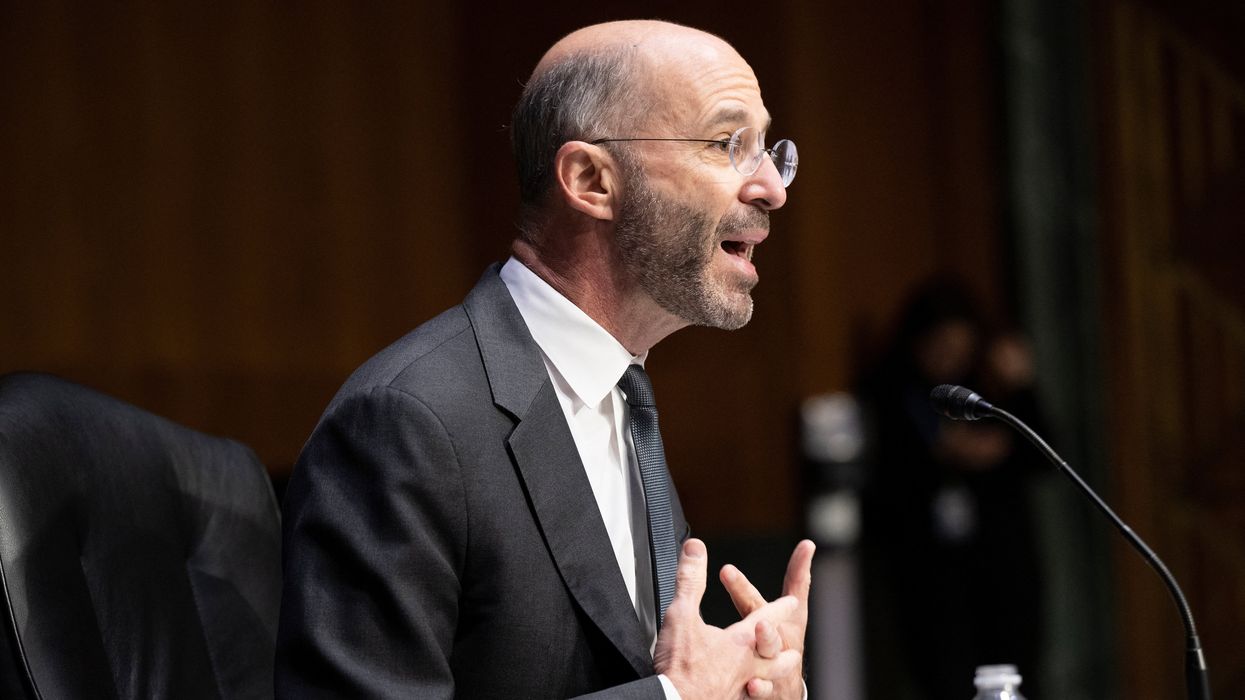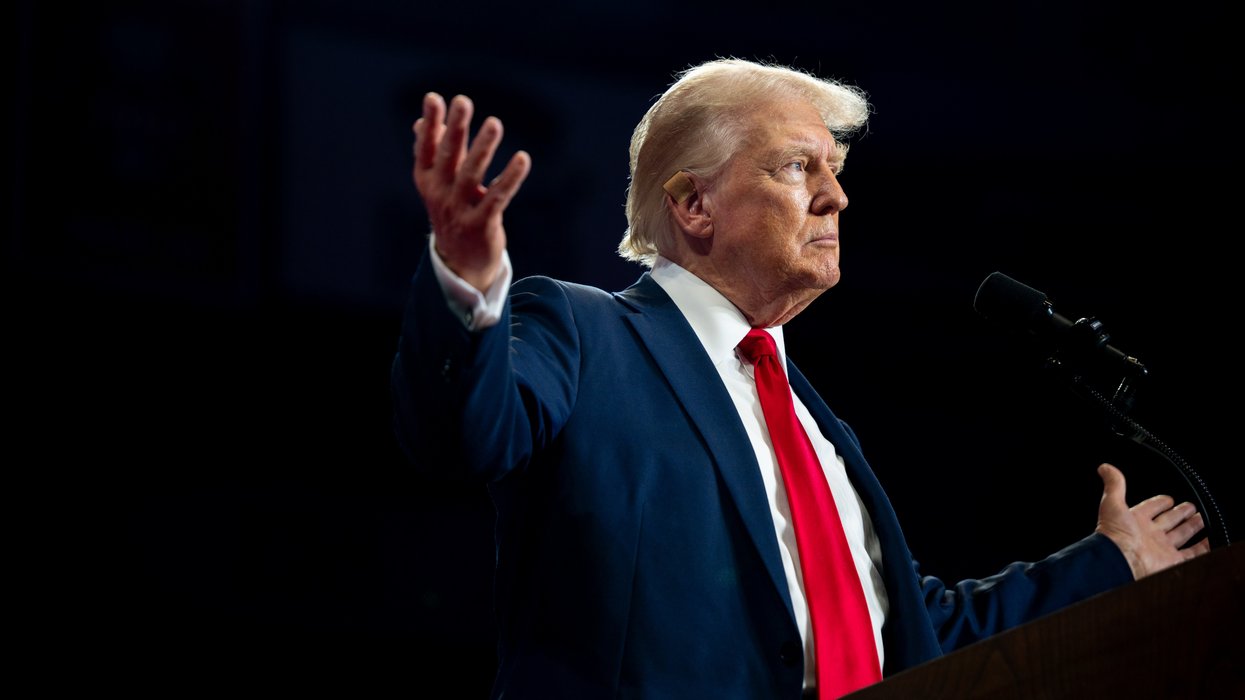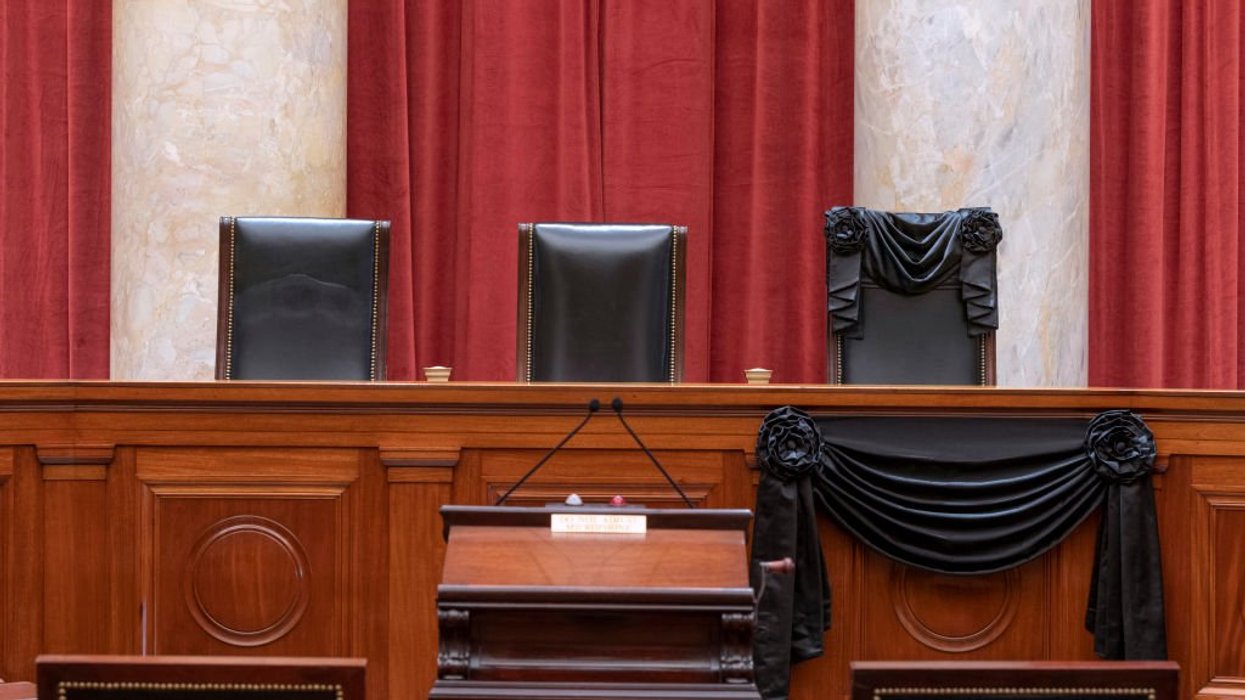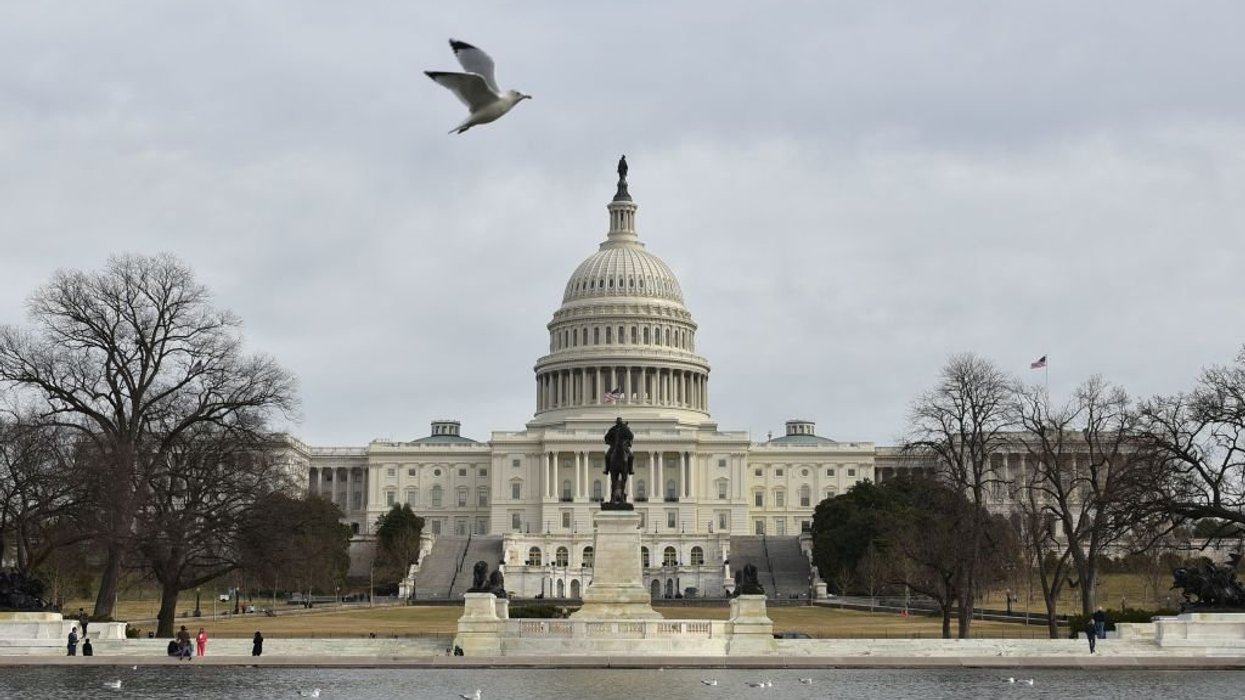There is one man who embodies the spirit of capitalism, but most have never heard of him. That needs to change. It's time for Americans to remember and get to know Milton Friedman, the father of modern economics.
Milton Friedman was a brilliant champion of the free market, capitalism and the American way of life. He was not a politician, just a man who looked at things in a radically different way --- and articulated them simply and persuasively.
Part III: Friedman vs. Liberal Detractors
Milton Friedman was a powerful, passionate, cheerful and reasoned defender of what America and capitalism has done for the country and the world. Friedman's handling of radicals and leftist was done with calm logic grounded in facts and common sense. Many today might be thinking, "Mister, we could use a man like Milton Friedman again."
When Friedman encountered radical extremist Frances Fox Piven, who co-authored the Cloward-Piven plan to overload the welfare system in this country and bring down our economy, he challenged her irrational logic with facts and direct questions.
FRANCES: That so-called free enterprise system has always used government. The entrepreneurs of that free enterprise system have always used government. And the question that you raise is whether other people can use government to achieve their ends.
The free enterprise system, as it is spread around the world, as it is spread to Asia and Africa and Latin America, has spread through the force of alms, among other things. And those alms were wielded by governments. That was government intervention under the name of the free enterprise system, but a government intervention which destroyed the freedoms of many people.
MILTON: You always are talking about mixed systems, and I challenge you to find a single example in history at any time of any society where people have been relatively free, and I don't mean merely --- what you call merely --- economic freedom. I mean freedom in the full sense. I mean freedom of individuals to pursue their own objectives, their own values, to live their lives. I want you to name me any society in which you've had any large measure of that freedom, where capitalism and free enterprise has not been the predominant mechanism for controlling economic activity. Not the sole mechanism, but the dominant one. I want you to name me one exception.
Friedman was continually attacked by leftists who believed socialism or communism were superior to capitalism and the free market. And he continually rebutted their claims with a clear truth based in facts.
Friedman also educated college students who believed the free market to be inferior. When challenged by one student that in a free market system the poor remained poor and the rich remained rich, Friedman had plenty to say.
MILTON: This is not built into the system at all. It's never been true. It's simply a false. If you look at the evidence, there is an enormous amount of mobility from one class to the other. In fact, there used to be a saying, three generations from church leads to church slaves, which reflected the exactly opposite affect. So it's simply not built into the system. On the contrary, there's a great deal of mobility within generations and between generations, and we shouldn't argue on the basis of false factual premises. In my opinion, a society that aims for equality before liberty will end up with neither equality nor liberty.
Contrary to what most economists of his day --- and of this day --- believe, Friedman also felt government was the problem, not the solution for education and unemployment.
MILTON: Why do we have a black teenage unemployment rate from 30 to 40 percent? Because of two failures of government. One, a failure to provide decent schooling, which is a governmental responsibility. Has been. Whether it should be or not, it has been. And second, because of a minimum wage rate, which prevents those kids who haven't had decent schooling from getting jobs at low pay at which they can earn the skills on the jobs that would enable them to ride to higher pay. If you look at the sources of poverty, you will find a very --- most of them are derived from what I regard as wrong-headed government policy.
Rather than just citing problems, Friedman also offered solutions to things like education.
MILTON: In my opinion, there is not a single thing you could do in this world that would do more to improve the condition of the black people who are in the lowest income classes, of the black people who have been most affected by discrimination, there is not anything you could do that would be more affected than the voucher scheme. Why? Because as I said to you before, and I challenge anybody to deny it, that there's no respect in which the black and the slum is more deprived than in the quality of schooling he can get. He's much worse off in that respect than he is even in the quality of the housing he can get and in the quality of the automobile he can buy and the quality of the job he can get with given education.
The only effective device that there is for improving his schooling that anybody has suggested is to give the parents more control, to introduce the competition and the drive of private --- of private market, to improve the quality of the schooling that is available to them.
During a Free to Choose discussion, Friedman was confronted regarding the morality of capitalism.
VOICE: Dr. Friedman, is there an economic system now or historically that has allowed free enterprise alone to determine which direction the economy goes? Secondly, in economics, you have resources. And how to best use these resources is a value judgment. But it seems to me you can either have free enterprise decide or a government decide or some combination. And don't you think combination would be the best alternative? And thirdly -- if I can remember it -- isn't there some benefit to having the government steal our money, which is what they do effectively. They hold a gun to our head and say, "Pay us 40 percent of your income and go to jail." They take this money, and they give it mostly to government employees. Well, the government employees spend it. The marginal propensity to consume is pretty high. So the people who were robbed have to do something creative to get the money back. And isn't this creative activity the real wealth --
MILTON: I take it that they would have to be still more creative if 98 percent were being spent by the government.
No, the third part of your thing is just pure fallacy from beginning to end. Because if those people who are now government employees, who are employed in creative activity and productive activity, they would also be spending their money. And we would have a greater total around. All you're doing -- let's suppose for a moment -- take the extreme case that that 40 percent is being used just to have people sit around. The fact that they spend their money doesn't alter the situation. The only product there is, is what the 60 percent produce. And that 60 percent is divided among 100 percent. If those 40 percent are also producing goods, then there are more goods to go around among everybody.
You are just involved in a fallacy of looking at dollars, which is important sometimes. Instead of looking at the real product, the goods and services that people produce and people consume.
Spending isn't good. What's good is producing. What we want to have is more goods and services. And as I say, the obvious indication that that's clear is that if your logic were right, it would apply at -- for 50 percent. 60 percent. 70. 90. 98. 100 percent. And, obviously, you would see that that would be a bunch of nonsense at that stage.
It is desirable to have some money spent by government for those things, those services that we believe we can get more usefully and more effectively through government. If people are getting their money's worth, fine. That's why it's very desirable to have governmental expenditures take place at as local a level as possible. Because you, as a citizen of a small community, can judge whether you're getting your money's worth. You can decide that you want to spend it. But when it comes to the federal government, you tend to think that you're spending somebody else's money. And you are in a way. But he's spending yours.
Friedman always went back to people and production being the answer --- not government control or programs.
MILTON: The real problem is, in my opinion, that as we move from the local community to the state and from the state to the federal government, it becomes increasingly difficult for us to control the mechanism we have established. And that mechanism tends to control us. That was the great wisdom of the Founding Fathers of this country, of the people who wrote the Constitution. That Constitution was designed to limit government's powers, in order to preserve the freedom of the individuals. And what has happened in the past 50 years is that the fundamental character of the Constitution has really been changed. We have broadened enormously the conception of what is a government mental power and what is not and have departed from that limited government until we have created a Frankenstein, an unlimited government that threatens to destroy us.
Listen to the Full Series on Milton Friedman
Part II: Evils of Collectivism

















